
We kindly inform you that, as long as the subject affiliation of our 300.000+ articles is in progress, you might get unsufficient or no results on your third level or second level search. In this case, please broaden your search criteria.

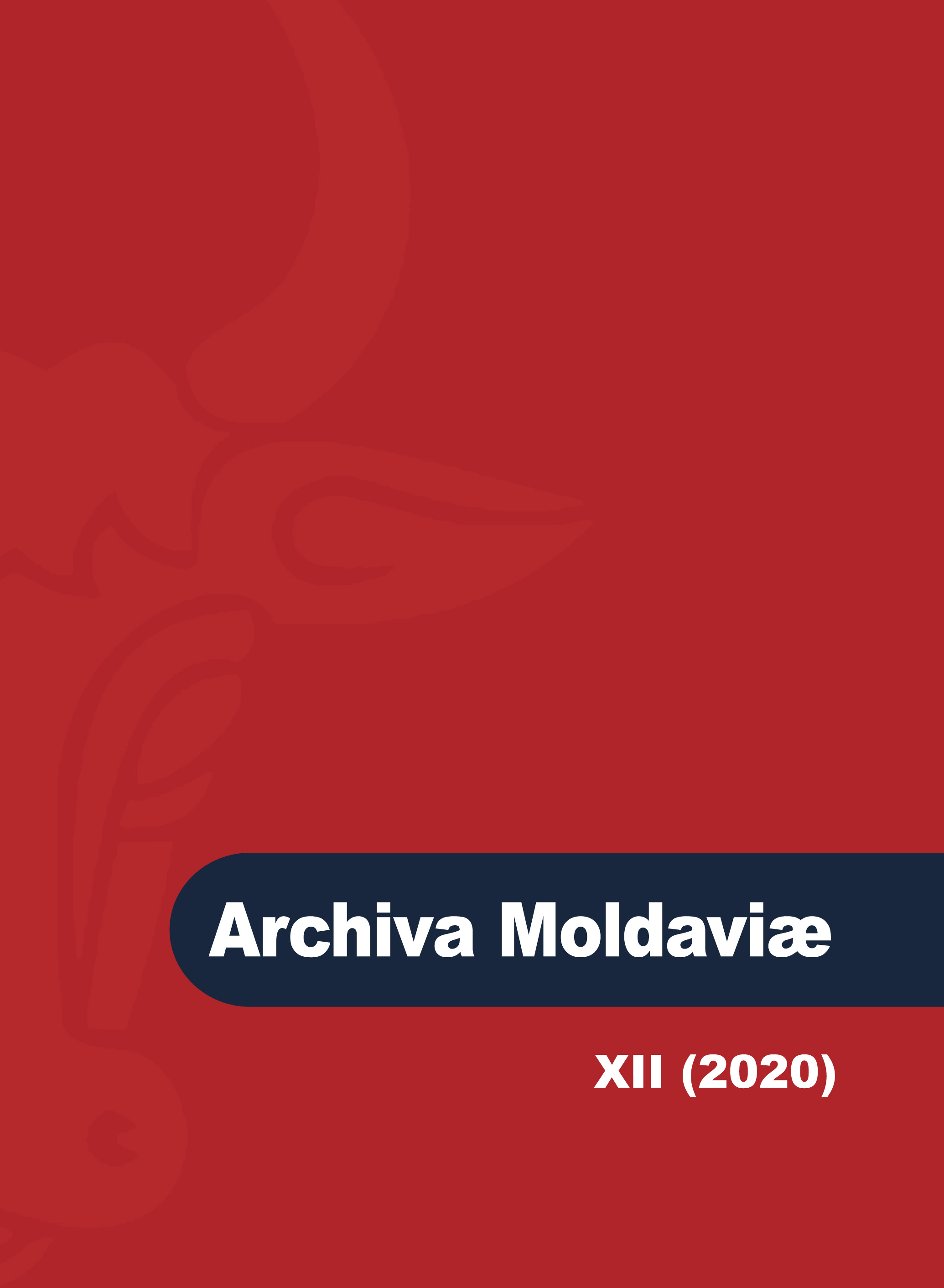
These documents consists a collection of conversation notes between Vasile Malinschi, the Governor of the National Bank of S.R. of Romania (1963-1977) and deligated soviet diplomats in Bucharest. These are very recently declassified documents stored in Russian State Archive of Contemporary History (RGANI), Moscow, Russian Federation. V. Malinschi held several talks with representatives of the USSR embassy in Romania (A. V. Basov, I. S. Ilyin etc.) between 1966-1976. In these conversations Malinschi revealed confidential information not just about economical matters but also on political affairs of Romania. He also had described his views on the leading perso-nalities of the Romanian Communist Party (N. Ceaușescu, I. Gh. Maurer, P. Niculescu-Mizil, Gh. Rădulescu, M. Mănescu, V. Trofin, I. Verdeț, Gh. Pană, L. Răutu, P. Lupu, I. Banc, Al. Bârlădeanu etc.) and assessed their activities.V. Malinschi, who had Russian roots, disapproved the course of nationalist politics promoted by the leadership of Bucharest. In his opinion, this policy was one of the most important reasons that lead to deterioration of romanian-soviet relations. As an economist and Governor of the National Bank of S. R. of Romania, he believed that the USSR (CMEA, in extended format) is the only capable force of contributing to Romanian’s economic growth. He considered that romanian-soviet political-diplomatic relations were depended on economic ones.The published documents will contribute to the research of Romania’s communist regime and reveals largely concealed information about events that took place inside de Ceaușescu’s regime and their following consequences that had evolutionary impact on the romanian-soviet political-diplomatic and economic relations.
More...
After the 1956 revolution, nearly two hundred thousand people left Hungary. Most of them settled permanently in other countries and relatively few returned. Reaching and crossing the western border was a difficult task, but it still seemed a realistic undertaking compared to previous years. Indeed, the technical border lockdown at the Austrian border was lifted in the spring of this year in the context of the general easing of political tensions at the international level. The study uses statistics compiled in 1960 to show exactly where the emigrants settled. Based on contemporary UN and NATO reports, it seems that the situation of the groups that have been considered political refugees by the developed Western states has evolved positively. The Hungarians were initially very positively received by Western public opinion. Additionally, the demographic characteristics of emigrants have also facilitated rapid employment and the start of integration. 1956 was thus an exceptional moment in the history of international migration, when (almost) everything came together.
More...
The leitmotif of this study consists in tracking and understanding the path of the Transylvanian Hungarian intelligentsia who moved to Hungary during the exodus beginning in the 1980s. The author’s research, carried out through the coping questionnaire and the in-depth interview guided by specific criteria, involved 50 subjects. It highlights the specific situation of a minority, determined by the history of that age, in which forced emigration proved to be an important factor, the reasons for their decision to emigrate, and the factors of the subsequent identity crisis and its attempted solutions. The author presents an authentic picture of their condition and analyzes it in an unbiased way, based on the aspects of the identity crisis reflected in individual destinies.
More...
A mi szagláraink. Irodalmi élet, politika és állambiztonság 1974–1989. Magyar Napló, Bp., 2019.
More...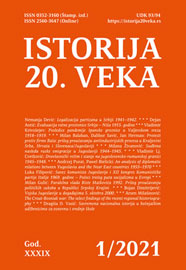
Nemanja Mitrović, Tito‒Čaušesku: godine zbližavanja. Jugoslovensko-rumunski odnosi 1968‒1970, Beograd, Institut za savremenu istoriju, 2020. (251–253)
More...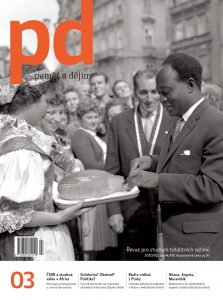
In the streets of Prague, as well as other towns in Czechoslovakia where universities were located, African and other “exotic” students appeared no later than in the early 1960s. The meeting of different worlds brought tension and conflicting situations not only between them and Czechoslovak society but also within their student communities. Such disputes often reflected the situation in their home countries, as was shown, for instance, in an escalated case during the Nigerian–Biafran war in 1967–1970.
More...
The domain of Antonin Petlach, an engineer born in Blansko, Moravia in 1929, a graduate of the Technical University in Brno and Bratislava, were turbines for hydropower stations. On his drawing board he created the power stations in Miksova, Znojmo, Lipno, Dlouhe strane and many others. His original design of the station in Markersbach, Sachsen even earned him a West German state award in 1981, which he was not allowed to accept by the Czechoslovak government for political reasons. As an expert in hydropower stations, he was a member of a half-year expert mission by Hydroprojekt, a Czechoslovak state enterprise, in Ghana in 1961. The interview with him follows up on the previous study on this enterprise and enriches it with a view of one of the experts delegated to the field as part of cooperation agreements between the Czechoslovak and Ghanaian governments.
More...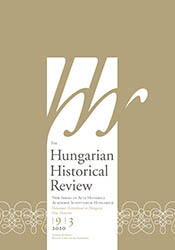
Sixties Europe. By Timothy Scott Brown. Cambridge: Cambridge University Press, 2020. ix+241 pp.
More...
Censorship in Czech and Hungarian Academic Publishing, 1969–1989: Snakes and Ladders. By Libora Oates-Indruchová. London: Bloomsbury Academic, 2020. 384 pp.
More...
Polio Across the Iron Curtain: Hungary’s Cold War with an Epidemic. By Dóra Vargha. Cambridge: Cambridge University Press, 2018. 254 pp.
More...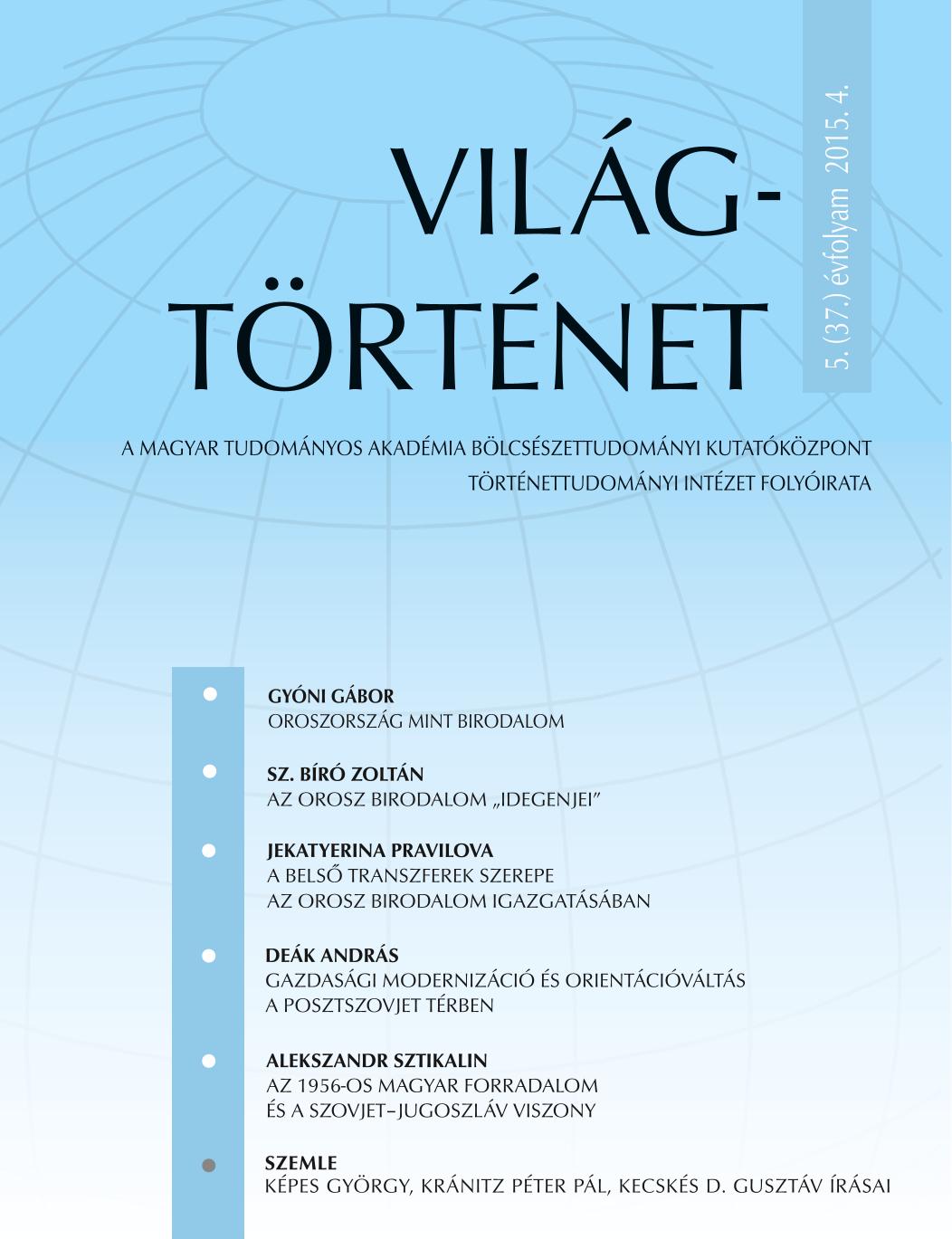
The articles presents and discusses the project jointly realized by Russian and Serbian historians, whose main result will be a two-volumes publication of the records of high-level Soviet–Yugoslav talks since 1946 until the death of Iosip Broz Tito in 1980. Besides the records of these talks, other important documents concerning the bilateral and the East–West relationships are included. The first volume covering the period 1946–1964, until the peaceful removal from power of Khrushchev, was published in 2014 both in Russian and Serbian. The talks records and other documents allow us to understand the utmost importance both Soviet and Yugoslav leaders attached to the 1956 Hungarian Revolution. This event was a constant subject of bilateral talks until 1962. The collection of documents presented below places the Soviet–Yugoslavian dialogue in the international context of the Hungarian Revolution, and it also reflects the evolution of the Soviet–Yugoslavian dispute concerning key issues such as the results of the Brioni Tito–Khruschev meeting in early November 1956, the fate of the Imre Nagy group, as well as the effects of Tito’s programmatic speech delivered at Pula not only for the Soviet–Yugoslavian relations, but also for the post-revolutionary political consolidation in Hungary.
More...
Fejérdy, Gergely: L’Europe francophone et la Hongrie au début de la guerre froide. Les relations diplomatiques et culturelles entre les pays francophones de l’Europe occidentale et la Hongrie de 1944 à 1956. Paris, Honoré Champion Éditeur, 2014. 607 p. (Bibliothèque d’études de l’Europe centrale. Collection dirigée par Daniel Tollet. 14. « Série Histoire contemporaine » sous la direction de Frédéric Dessberg.)
More...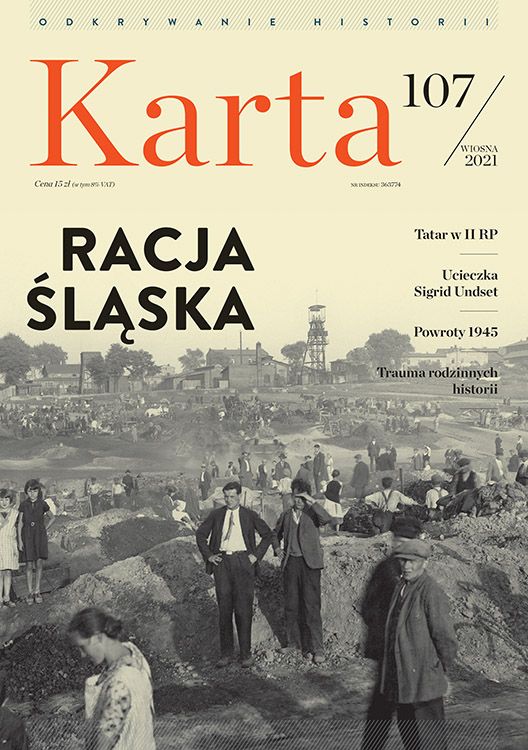
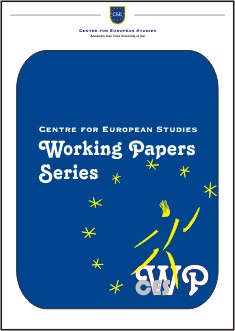
Great Britain played a significant part in the endeavors directed at organizing the peace process in the aftermath of the Second World War. A series of myths were consequently associated to its actions and foreign policies-related decisions, myths that still surface to the present day in some areas, especially with regard to London’s attitude towards Eastern-European countries. Our study proposes a more nuanced approach of the events of the first post-war years, focusing primarily on the impact the domestic situation of the Empire had upon its foreign policy decisions. Our research is based on the recent contributions of several British and Eastern-European researchers who shed new light on Great Britain’s attitude towards South-Eastern Europe. Our study discusses the factors that influenced the foreign policy decisions taken by London with regard to that region, by attempting to analyse the general framework from less explored perspectives.
More...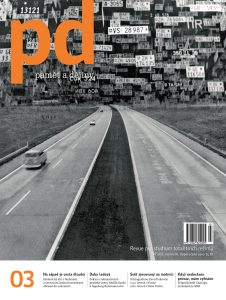
After a brief period of open borders between 1968 and 1969, the barriers at border crossings were closed again. Travelling anywhere became difficult again, and any journey to the West was almost impossible, at least for those whose cadre profile was not “good enough”. A change was expected from the agreements from Helsinki, but despite the attached signature of the Czechoslovak party and state leaders the factual consequences were fragile.
More...
In January 1964 it was bitter cold in the capital of Czechoslovakia. On 16 January two young Austrian intellectuals, writer and publicist Adolf Opel and poet Ingeborg Bachmann, travelled from Berlin to Prague by train, because the day before, due to snow and frost, they were not able to reach their goal by car. Just as cold as the weather in Prague was the political situation in Czechoslovakia.
More...
The name of Václav Rousek first appeared in literature in connection with the list of death penalties carried out in Czechoslovakia in the past. He was listed as a person sentenced to capital punishment for the crime of murder and treason. Based on newly discovered sources, it can now be unequivocally stated that it was a matter of purely criminal character. Václav Rousek brutally murdered two young people who believed him to lead them safely across the border.
More...
S fotografkou Evou Fukovou o padesátých letech v Praze a šedesátých letech v New Yorku.
More...
The text demonstrates an alternative way of life of the Slovak underground artist, philosopher and shortly also politician Marcel Strýko and his Košice friends. The Communist secret police spied on the young people for a long time and carried out systematic destructive measures to prevent their independent cultural and religious activities. At the end of 1989, a fateful connection with the Prague dissidents led Marcel Strýko to adopt a unique nonconformist attitude and during the subsequent disintegration of the Czechoslovak state he publicly opposed nationalism and anti-Semitism, advocating the idea of maintaining the common state.
More...